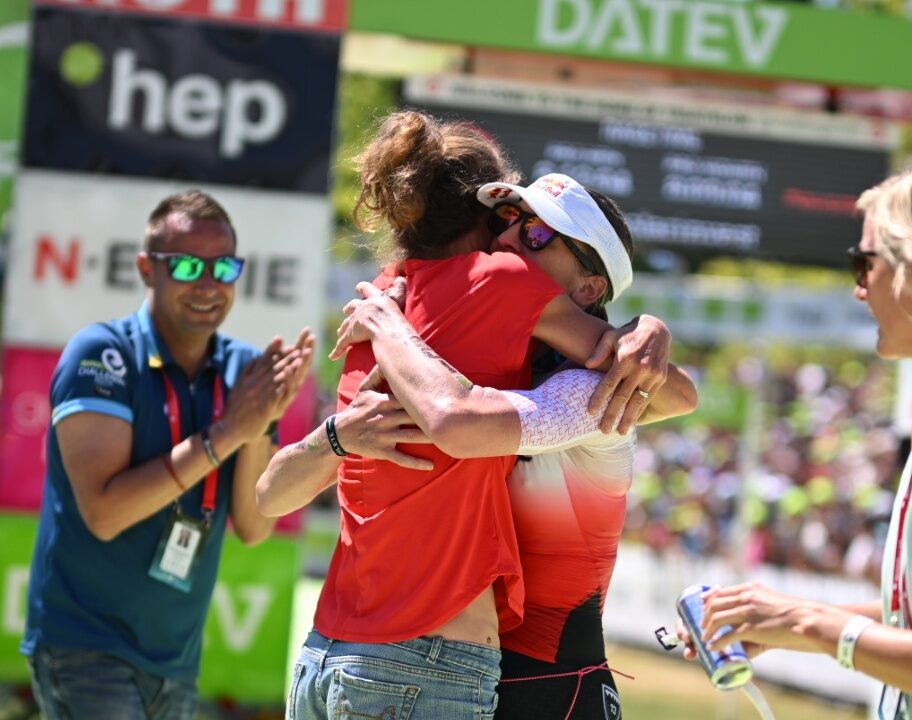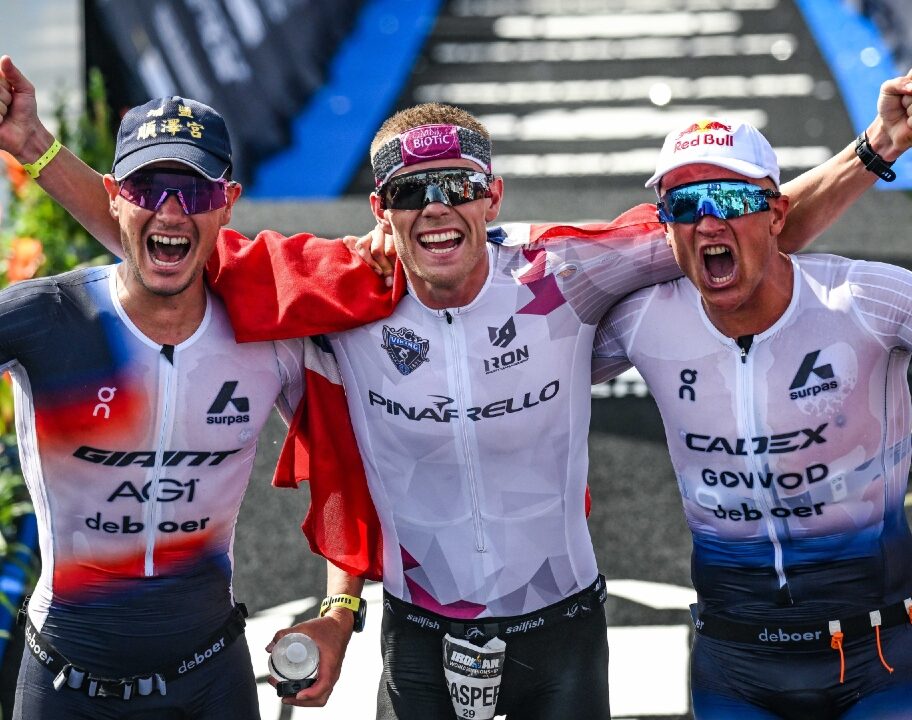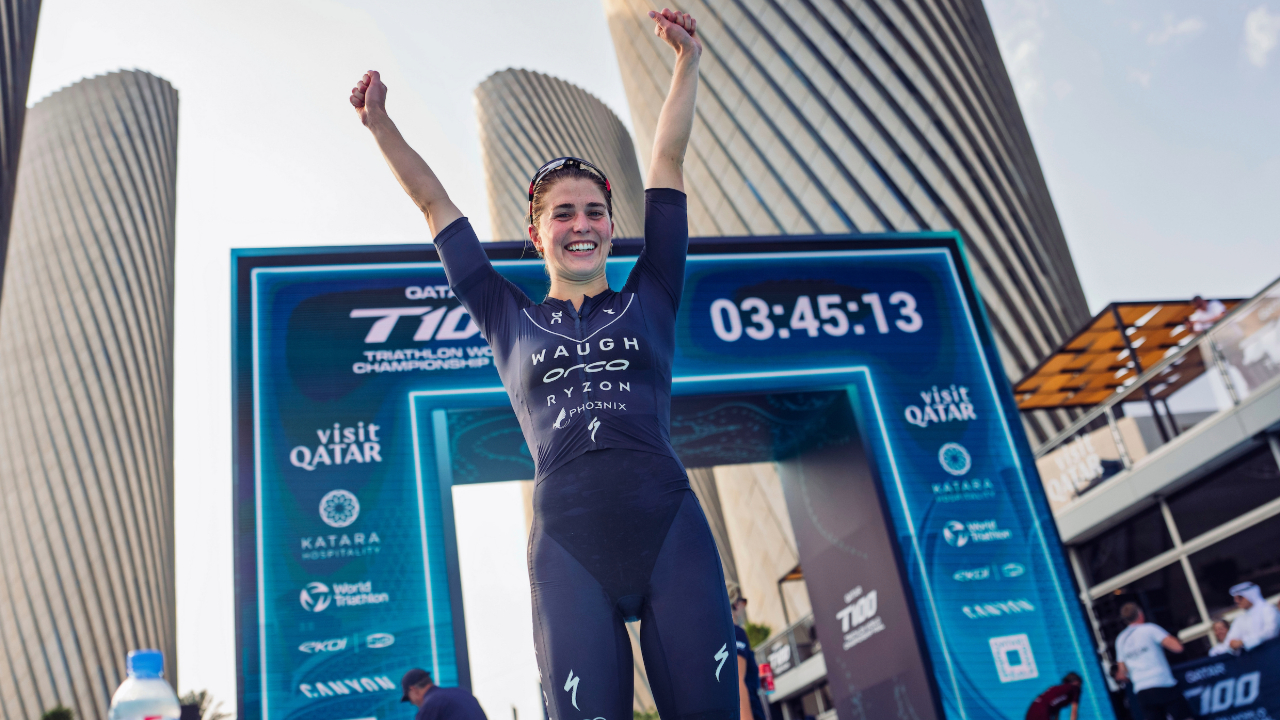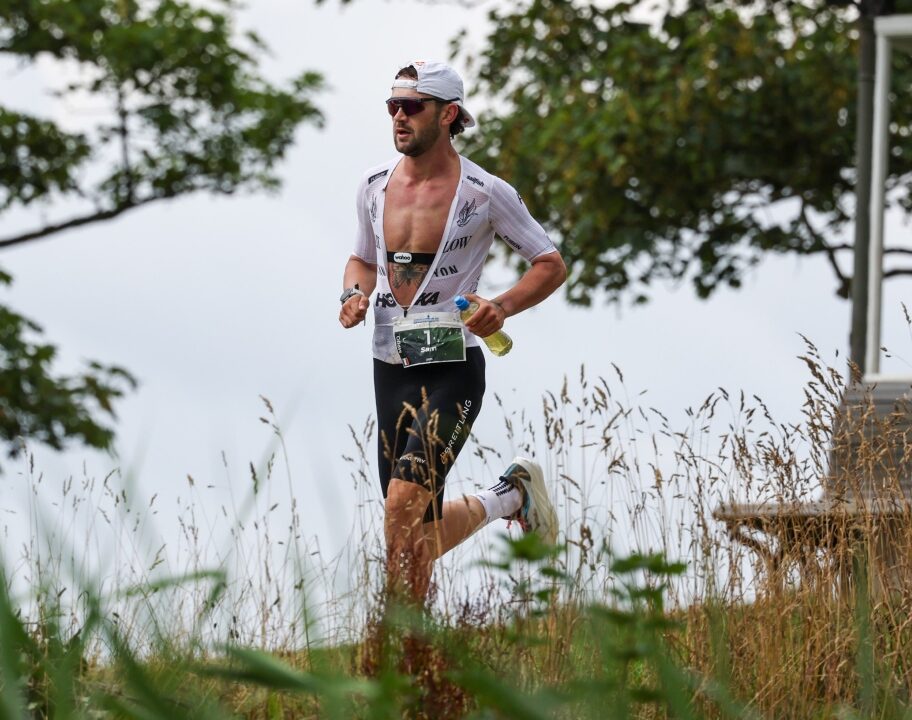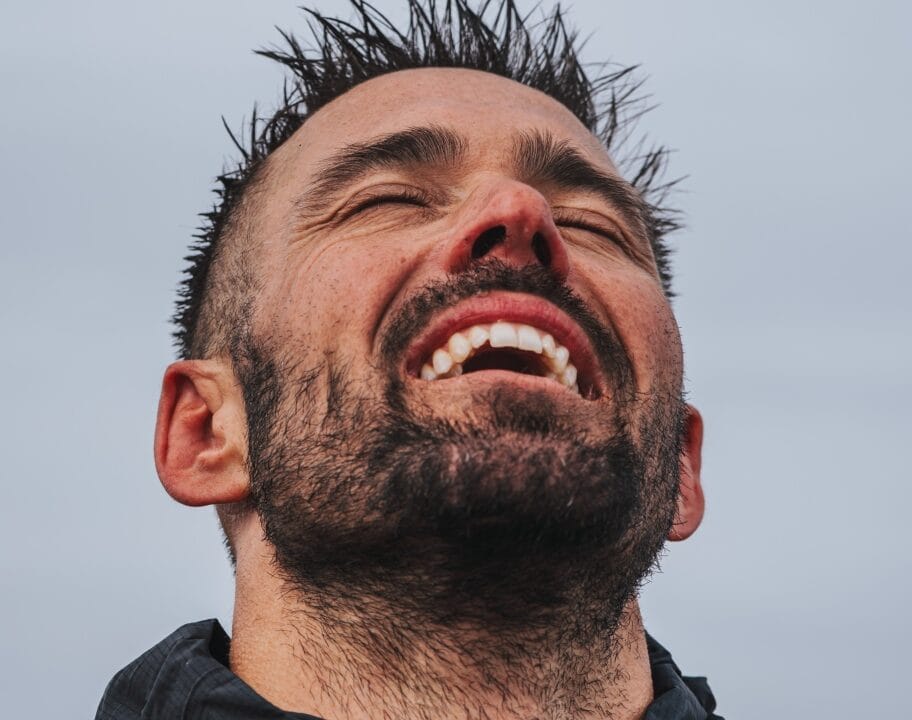Having won the gold medal in 2016 at the Rio de Janeiro Olympic Games, it came as quite a shock to the triathlon community when not long after Gwen Jorgensen announced she would be stepping away from the sport.
Instead, the American decided to join the coveted Nike-backed Bowerman Track Club to pursue her passion for athletics, in a decision that saw her run professionally for the Swoosh and run 15:08 for 5km.
Now back to triathlon and in search of a spot at the Paris Olympic Games, Jorgensen shared the major lessons she learnt from her first stint in the sport and her time with Bowerman in an exclusive interview with TRI247.
“A very hard lesson for me to learn”
Having been a tremendous collegiate runner for the Wisconsin Badgers during her university days, it made sense that Jorgensen would return to athletics at some point. However, the 37-year-old found the adjustment to be quite the challenge.
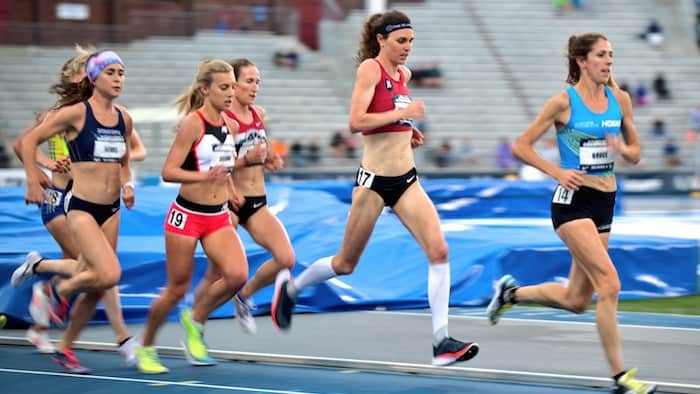
“I learned that there are injuries outside of bone injuries which was a very hard lesson for me to learn. I built up my mileage without too much care as I knew I needed to be running more, however my tendons could not handle the load and I dealt with a lot of achilles injuries in running.
“I also learned that you can train too hard and your races will suffer. I was often running too fast, especially when I was at altitude above 8000 ft. In hindsight I should have backed off the mileage and pace on easy runs and added in some more cross training.
Having switched focus back to triathlon racing, the Boulder-based pro revealed that she did some lactate testing last year to determine her easy run paces, and now spends most of her time running alone.
“Last year I did lactate testing to make sure my paces were not too fast in the run and I currently do a lot of my runs solo so that I can dictate the pace.
“There are days when I average 5:30/km which is close to 9 minute miles. On Bowerman I often felt this was too slow and would push myself to run faster than I needed to recover.”
A change in psychology
As well as the focus on taking the easy days easy, Jorgensen’s past experiences in professional sport have brought a new focus on the mental side of training to her current programme, with her coach Jamie Turner playing an important role in that.

“Jamie, my current and former triathlon coach, has always instilled focusing on the process over the outcome. This time around I am still focused on the process, but with even more emphasis on the why.
“This allows me to see the bigger picture and keeps me accountable and motivated when outcomes are not what I want. I remember two specific races in my previous triathlon career where I was on the verge of quitting because the result was not what I wanted or expected.”
Jorgensen revealed that when similar situations have arisen during her second spell in the sport, she has been much better equipped to deal with them, a skill that may well have contributed greatly to her rapid improvement throughout the season after some initial disappointments.
“This time around when my results have not been what I wanted, quitting never entered my mind. I knew where I was physically and knew I was mastering my why and process which will lead to results.
“I am focused on the long game, even though this is a very short time frame. I’m all about long term gain even if it means a short term loss as long as my process and why are being followed.”







